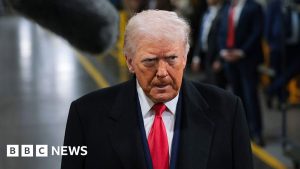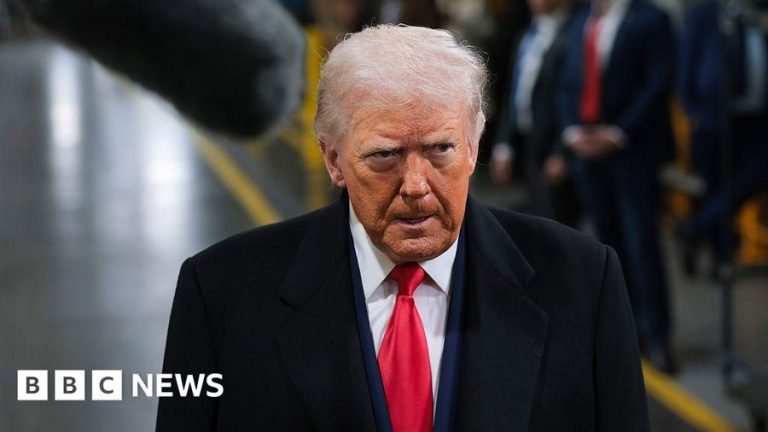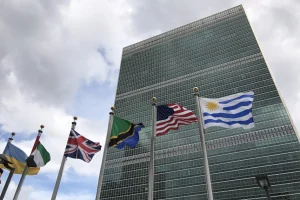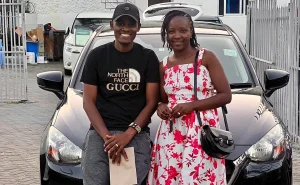The news of comedian Arnold Saviour’s visa denial was a huge blow to Kenya’s creative community. His dream of performing at the Kikwetu Festival was supposed to be his big break, a chance to share his sharp wit and observational comedy with the world. However, his plans dissolved into red tape instead.
Arnold’s success is built on a strong foundation of local performances, from his breakout appearance on the “Churchill Show” to his sold-out one-man specials, such as “My First Time.”
His signature punchlines, “quick one,” “another one,” and “go handsome,” have become inside jokes among his fans, a testament to his unique connection with the Kenyan audience.
Following the denial, Arnold shared a defiant message on his Instagram page: “Down but not dead, NETHERLANDS we shall revisit .”
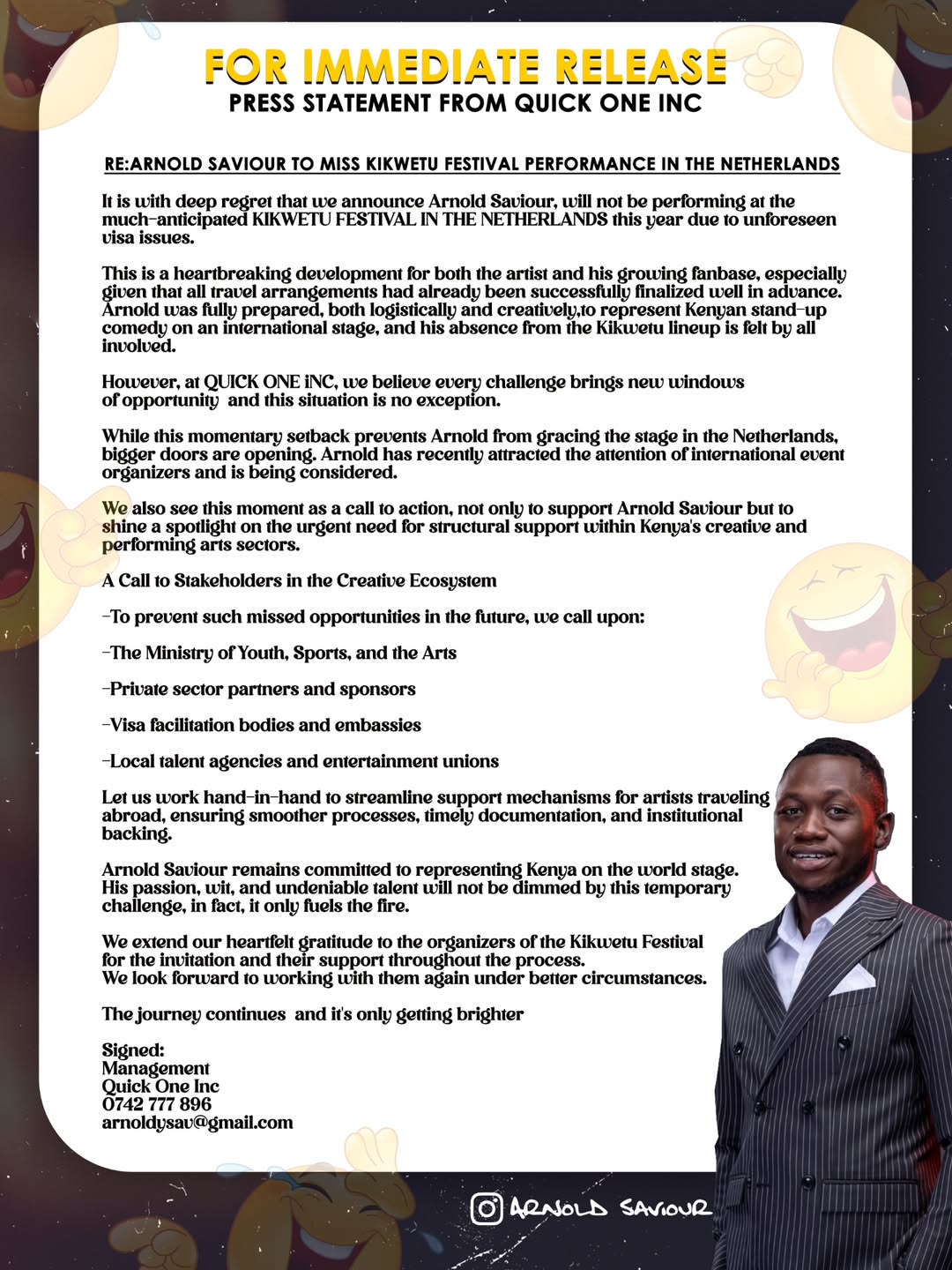
The Unseen Hurdles for Artists
Arnold’s experience highlights a significant problem that many Kenyan artists face. Visa requirements are often rigid, designed for those with conventional jobs and monthly salaries.
This system simply doesn’t work for creatives whose income comes from a mix of freelance projects, event-based gigs, and temporary work.
It’s a familiar story for many. The internationally acclaimed music group Sauti Sol faced a similar bureaucratic nightmare when their team was denied visas for a US performance.
Despite their global fame and extensive tour history, they were forced to cancel the show.

Similarly, fellow artist Nyashinski also had to cancel a US tour after his team’s visas were denied. These incidents show that even the most established artists are vulnerable to these roadblocks.
- Visa requirements often don’t account for the freelance nature of an artist’s career.
- Proving “ties to home” or a “stable income” is challenging without a conventional employer.
- A single procedural failure can result in an entire performance being cancelled.
A Call for a Fairer System
In response, Arnold’s team and other artists are campaigning for a more streamlined, culturally aware process. They want visa agencies and governments to better understand the creative industry.
For them, it’s about more than just a missed festival. It’s about a consistent barrier that limits cultural exchange and economic opportunity.
These bureaucratic hurdles prevent them from representing their nation on a global stage and sharing their
talent with the world.
by ian thuku


